Vogue Vets
& Wellness Centre
Vet Dentistry
Veterinary Dentistry Services at Vogue Vets
How Does Dental Disease Affect My Pet?
Over 70% of cats and 80% of dogs over 3 years old suffer from dental disease. This is characterized by plaque, tartar (calculus), and gum infection (gingivitis). If left untreated, dental disease can lead to pain, inflammation, and irreversible damage to the structures supporting the teeth, including bones, gums, and ligaments.
Common Symptoms of Dental Disease:
- Bad Breath (Halitosis): The most common cause of foul-smelling breath in pets.
- Reluctance to Eat Hard Food: Pets may avoid hard food or drop it due to dental pain.
- Facial Swelling: Abscesses on large molars can cause painful swelling.
- Drooling or Red Gums: Infected gums may cause drooling or pain.
- Weight Loss: Pain may prevent pets from eating, leading to weight loss.
Why Can’t My Pet’s Teeth Be Cleaned While Awake?
Dental cleaning requires the removal of plaque and tartar below the gumline, where infection begins. Cleaning while awake may damage teeth, leading to further deterioration. We use ultrasonic scalers and polishers to carefully clean and polish each tooth, preventing additional harm and effectively managing the disease.
Consequences of Dental Disease:
Untreated dental disease can lead to pain, infections, and complications beyond the mouth, including heart disease, kidney and liver issues, and even a shorter lifespan due to the spread of bacteria into the bloodstream.
Dental surgery:
Dental surgery is typically a day procedure. Prior to anaesthesia, animals undergo a full blood work panel to ensure they are healthy enough for the procedure. The animal is then placed under anaesthesia, and full-mouth dental radiographs are taken. After reviewing the x-rays, a full mouth scale and polish is performed. If extractions are necessary, they may be scheduled for another day to ensure your pet’s safety. Each case is unique, and the veterinarian will make decisions based on your pet’s specific needs.


Get in Contact now
Contact us today for personalized assistance and support.
